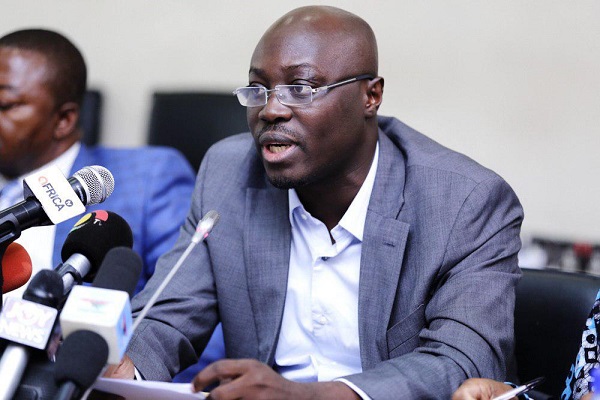Finance Minister-designate, Dr. Cassiel Ato Forson, has vowed to abolish the betting tax and the Electronic transaction levy popularly known as E-levy in his first budget when he’s approved.
Before the Appointments Committee of Parliament today Monday, January 13, 2025, Dr. Forson explained that the E-Levy serves as a barrier to digital transactions and rendering the country’s move towards a cashless economy, unachievable.
Dr. Ato Forson said, “My position on the E-levy is well known and I do not intend to run from it. I have written articles against the e-levy, I championed the position against the e-levy and I still stand by it. The e-levy is neither a direct tax, an indirect tax, or an excise tax. I insist that the betting tax must be abolished and as Finance Minister, I will abolish it in my first budget because it has failed”.
“I don’t know how to classify it as a tax practitioner. It doesn’t mean that I do not recognise that the levy brings in a certain amount of revenue, but the fact remains, e-levy retards the progress towards a cashless economy. We need to abolish it,” the minister designate stated.
“I have said that given the opportunity, I will abolish the e-levy. I want to restate that position that if approved, as part of the first budget, I will announce that we will abolish the levy as part of our first budget. Recognising the commitment H.E. John Dramani Mahama said that as part of his 120-day agenda, we will abolish the e-levy and we stand by that.”
“I have studied Ghana’s economy for some time now and without mincing words, Ghana has potential when it comes to tax revenue mobilization. We don’t necessarily have to increase taxes before you rake in revenue. We have the handles, what we need to do is to improve compliance.”
In terms of revenue mobilization to get the country out of it economic woes, he noted that he will raise the tax revenue-to-GDP ratio from 13.8% to 16% if approved.
“I will work with the GRA, the tax policy unit of the Ministry of Finance to ensure that we increase compliance, and ensure that we raise the revenue as much as we can.
“In the medium term, it is my vision when approved to increase the tax revenue from 13.8% of GDP to 16% -18%. By this, we will be able to compare ourselves to our peers. I believe the potentials are out there, but it doesn’t necessarily mean we should increase taxes” the incoming minister concluded.









